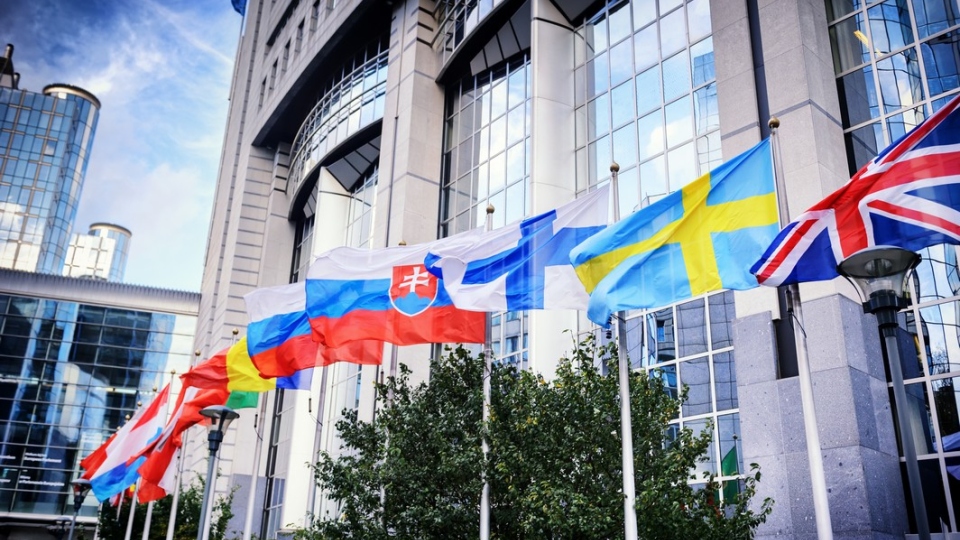
European Tech companies in the European Tech Alliance (EUTA), a group that represents some of Europe’s largest technology companies is calling for the EU and other bodies looking at a new Digital Services Act to ensure that European firms are not disadvantaged. It means taking on global giants and the US government as well as providing sanctions and regulation at a global level.
The group’s open letter is asking to ensure there is a “level playing field” so that third countries’ technology rivals cannot gain an advantage over EU competitors by flouting local laws. The EUTA has also urged policymakers to pursue proportionate legislation that would nurture innovation, incubate the EU’s tech industry and strengthen investment in research and development.
The letter comes as Europe prepares for one of the most comprehensive changes in digital legislation. Ursula von der Leyen, who took over as president of the European Commission in December, together with a new college of Commissioners, is about to bring the 20-year-old e-Commerce Directive up to date, creating the Digital Services Act.
Among the features of the Digital Services Act (DSA) will be legal powers to ensure digital services remove hate speech, illegal content and potentially new rules on political advertising. Up to now, legislators have favoured issue-specific legislation — for example on copyright infringement or terrorist content — and self-regulation by the industry. The European Tech Alliance is pushing to make sure the DSA doesn’t disadvantage smaller companies with different business models and fewer resources.
"We need to ensure a level playing field and protect a business environment in which healthy competition takes place. The EU should make sure taxation is fair for all at the global level and should seek, with the OECD, to agree on a workable and predictable international corporate tax which ensures that only profits are taxed–and only taxed once. Policymakers should build, and regain, consumer confidence in technology by effectively applying VAT and consumer rules regardless of whether the respective company has a physical presence for its operations in the EU.
"We, the undersigned organisations, are a diverse group of European tech companies that understand the challenges that policymakers face in creating a Europe fit for the digital age. That is why we created the European Tech Alliance—to share our members’ collective experience of scaling tech companies across Europe," it concludes.